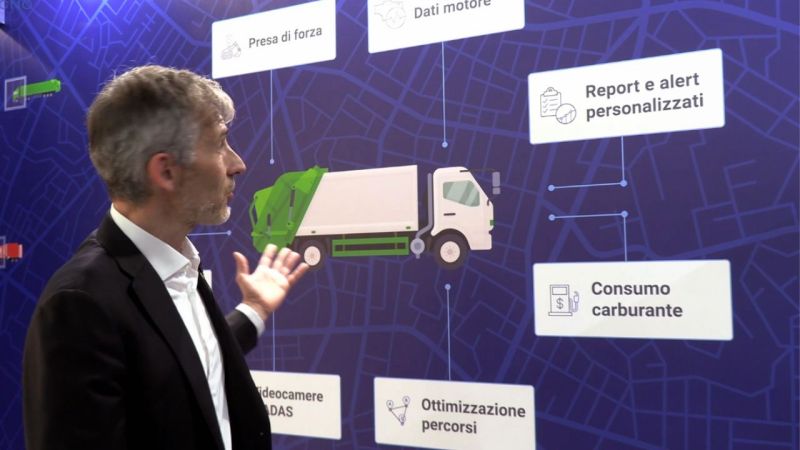As we enter the usual peak season for logistics, the Rhenus Group urges companies worldwide to proactively plan their transportation and warehousing activities to minimize delays ahead of the busiest retail period of the year. Known in the industry as the "golden quarter," this year's peak sales season is anticipated to begin earlier than usual due to shifts in consumer demand and ongoing supply chain challenges.
For retailers and companies in the fast-moving consumer goods sector, effective planning is essential to meet increased demand during key sales dates like Black Friday, Cyber Monday, and the Christmas holiday season. With early consumer shopping driving demand peaks and factors like disruptions in the Red Sea and significant shipping bottlenecks affecting delivery times, many retailers are moving products earlier to ensure availability. The trend of making products immediately available upon arrival has extended lead times, pushing companies to place orders earlier compared to previous years.
Managing global logistics plays a critical role in keeping deliveries on time during this season. Efficient distribution not only helps retailers handle demand surges but also fosters customer loyalty, as many consumers prefer to repurchase from retailers that deliver efficiently. Rhenus highlights several strategies to ensure strong performance during the peak season.
In particular, the company points out three key elements. The first is to improve business logistics, as this is the time to identify potential inefficiencies. Companies should ask themselves whether they have the right supplier, if additional training is necessary for operators, and whether pricing policies align with their strategy for the peak season. Other crucial steps include assessing the ability to manage demand fluctuations and evaluating operational flexibility.
The second element is to anticipate potential disruptions. Holidays can present unique challenges, from port congestion to weather-related delays. Having a responsive team and an experienced logistics provider can make a significant difference in managing critical situations smoothly and ensuring customer satisfaction. The third element is to plan ahead. It’s important not to wait until the last minute, as delivery slots fill up quickly; securing them in advance and factoring in final departure dates is key to avoiding last-minute issues.
Jan Harnisch, CEO of Rhenus Air & Ocean, explains, "As we enter this peak season, rising global demand is posing challenges to air cargo, especially in China and the Asia-Pacific region, where capacity is tightening due to increased e-commerce. Airlines are shifting capacity to trade routes linked to China, affecting availability and rates worldwide. Meanwhile, despite lower-than-expected demand before Golden Week, ocean freight is experiencing disruptions due to vessel delays, blank sailings, and a demand rebound as we approach the Chinese New Year. This, coupled with port congestion and carrier alliance restructuring in the first quarter of 2025, is likely to keep market volatility high."
Ronny Sassen, CEO of Rhenus Warehousing Solutions, adds, "With the peak season laying the foundation for some of the year's most critical logistics challenges, preparation and collaboration are essential to ensure smooth operations. An effective warehouse is the keystone of this strategy, as it provides companies with the capacity and flexibility to efficiently manage inventory flow. Through warehouse optimization, companies can reduce risks of stockouts and delays, keep shelves stocked, and improve customer satisfaction. Proactive, medium-term warehouse planning not only prevents disruptions but also creates opportunities to meet consumer expectations and drive growth during this crucial season."































































